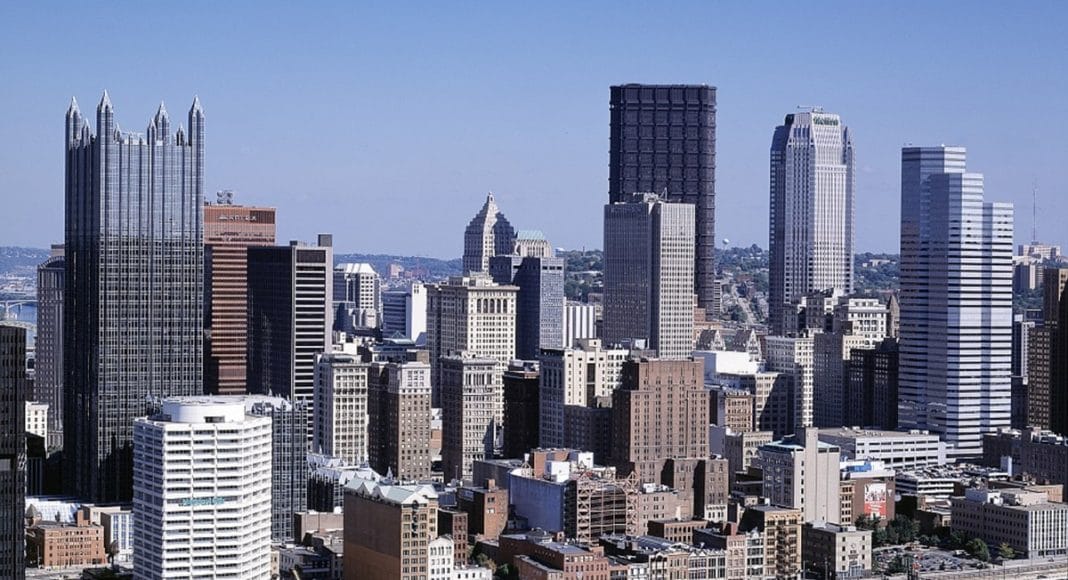The American Civil-Liberties Union is regarded as a majorly influential political organization in the nation. With local chapters in almost all 50 states, plus DC and Puerto Rico bureaus, the ACLU operates with an annual $100 million budget and is responsible for landmark social conversions in political thinking.
Now, the executive director of ACLU’s Pennsylvania chapter has come out swinging in favor of marijuana legislative reform. Reggie Shuford wrote an op-ed in the Pittsburgh Post-Gazette this weekend, advocating on behalf of marijuana decriminalization and legalization. He also called out Attorney General Jeff Sessions, stating his anti-marijuana policies are merely fingers plugging up the dike, as the dam holding back marijuana reform is about to burst.
As Shuford writes, cannabis legalization cannot be stopped.
When U.S. Attorney General Jeff Sessions reversed the Obama administration’s Department of Justice guidance advising federal attorneys not to prosecute users and lawful sellers of marijuana in states that authorized medicinal or recreational use, he was releasing prohibition’s dying wail.
Support for legalization continues to grow. This month, the Pew Research Center released survey data showing 61 percent of Americans now support an end to prohibition. That’s a 4 percentage point increase from Pew’s 2016 poll.
[…]
Opposition to legalization is disappearing by the month.
Shuford went on to highlight important points about marijuana as a “safe, non-toxic alternative method of pain management” in the midst of our national opioid epidemic. He also refutes the conservative claim that marijuana can be a gateway drug into more harmful substance. As we also have written about, instead marijuana should be seen as a gateway drug out of opioid addiction.
-
Related Story: Legal Weed: An Accidental Solution To The Opioid Epidemic
In addition, Shuford highlights how the national War on Drugs disproportionately affects people of color. Echoing claims made by Angela Rye earlier this month, Shuford cites that in Pennsylvania in 2016 black people were 3.6 times more likely to be arrested for marijuana possession. In some counties, like Allegheny county, that statistic was even worse—African-Americans “were nearly seven times more likely to be arrested for marijuana possession in 2016 than white people,” writes Shuford.
Though Sessions and the Trump administration have instilled an air of uncertainty throughout the legalized cannabis industry, Shuford believes the genie is already out of the bottle.
“Mr. Sessions’ way of thinking is a relic of a bygone era,” he writes. “The states are ahead of him, and he and other politicians who think like him will be left behind.”


